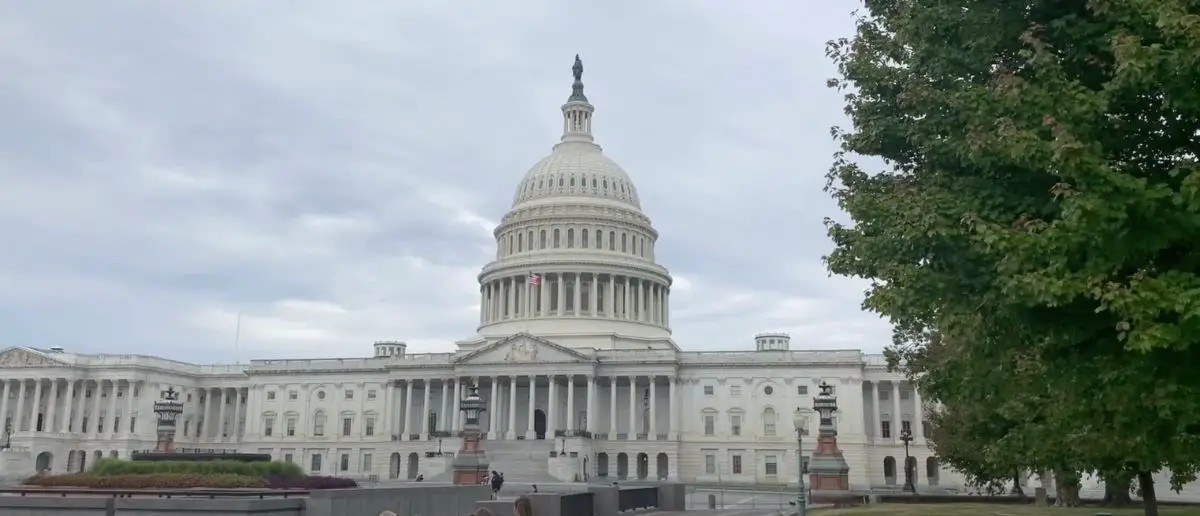Hillary Clinton is utterly humiliated after making this boneheaded mistake
The Clintons are always circling around the spotlight. But now they’ve been exposed.
And Hillary Clinton is utterly humiliated after making this boneheaded mistake.
Stirring Controversy Over Voter ID
Hillary Clinton, once a presidential hopeful and prominent political figure, ignited a firestorm on Thursday with her sharp critique of a Republican-backed bill she claims endangers voting rights for millions, particularly married women.
The Safeguard American Voter Eligibility (SAVE) Act, which sailed through the House, seeks to tighten voter registration by mandating proof of U.S. citizenship for federal elections. Clinton’s remarks, however, have drawn fierce pushback from GOP lawmakers who argue she’s distorting the bill’s intent and effects.
“Update: The House just passed the Republican voter suppression measure that threatens voting access for millions of Americans, including 69 million women whose married names don’t match their birth certificates,” Clinton declared, urging her followers to press senators to oppose it.
Her statement frames the legislation as a direct attack on voting access, zeroing in on women whose legal names have changed due to marriage—a claim that’s stirred both skepticism and rebuttals.
GOP Fires Back at Mischaracterizations
Republican lawmakers wasted no time clapping back, taking to X to counter Clinton’s narrative—though they had to resort to quoting her post since she’s disabled replies.
“Stop. You are lying. Read the bill. And for the love of God, stop treating women like they are incapable or idiots,” snapped Rep. Kat Cammack (R-FL), dismissing Clinton’s argument as condescending and misleading.
The bill’s sponsor, Rep. Chip Roy (R-TX), kept it simple: “Just show an ID. Why would you not want to verify citizenship?” His point, echoed by four Democrats who crossed party lines to support the bill, highlights a push for straightforward voter verification.
Sen. Mike Lee (R-UT), who’s championing a Senate version of the SAVE Act, dissected Clinton’s claim with precision. “Hillary Clinton argues that the SAVE Act ‘threatens voting access’ for ’69 million women whose married names don’t match their birth certificates,’” he said, before dismantling the logic.
“If that were true — and it’s definitely not — the same women would be unemployable as they’d be unable to complete an I-9, which requires proof of citizenship. Her argument proves too much, is refuted by the plain text of the bill, and cannot withstand review.”
Lee’s rebuttal casts Clinton’s warning as an overreach, disconnected from the bill’s actual provisions.
Clarifying the Bill’s True Scope
The SAVE Act, at its core, amends the National Voter Registration Act of 1993 to require proof of citizenship for federal voter registration, while also tasking states with purging noncitizens from voter rolls. To address edge cases, it allows applicants without standard documents to provide alternative evidence of citizenship.
Rep. Chuck Edwards (R-NC) clarified this flexibility, sharing a post that stated, “FACT: The SAVE Act directs states to establish a process for discrepancies, such as a name change, so that individuals can still register to vote. This bill lists forms of identification that a voter could provide when registering to vote, but that voter only needs to provide one document, including a driver’s license or any valid government-issued ID card.”
Yet, Clinton’s not alone in her critique. Rep. Alexandria Ocasio-Cortez (D-NY) amplified similar concerns, claiming the bill could “disenfranchise 70 million married American women” lacking updated documents like passports or birth certificates. GOP responses, however, paint a different picture. “This is a nasty lie,” Rep. Anna Paulina Luna (R-FL) shot back, while Rep. Virginia Foxx (R-NC) opted for a clown emoji to convey her disdain. The back-and-forth reveals a deeper divide, with Republicans arguing the bill strengthens election integrity without the catastrophic barriers Clinton’s rhetoric suggests—a narrative they say she’s spun to inflame rather than inform.












